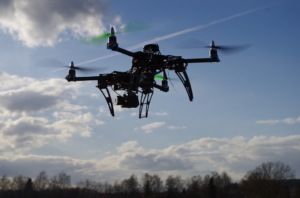News
Drones an increasing concern for Danish aviation
This article is more than 7 years old.
More drones flying too close to airports

Sorry to keep droning on … but (photo: Pixabay)
Danish airports are reporting an increased number of incidents involving drones flying too close for comfort.
Figures from the national centre for aviation, Center for Luftfart, reveal that there were 10 instances of drones flying too close to airports last year. So far this year, there have been seven registered cases – compared to just four in 2015.
“The biggest fear is that one of the airlines is delayed because it takes time and costs a lot of money. Or that a plane is hit by one, such as on the engine,” Michael Dela, a spokesperson for Center for Luftfart, told DR Nyheder.
READ MORE: Drones over Øresund to help prevent illegal trawling
Proximity and elevation
It is strictly forbidden for drones to enter airport airspace. Already this summer, drones in Norway have cost Scandinavian airline SAS hundreds of thousands of kroner as six airplanes have needed to be diverted.
A similar situation has yet to occur in Denmark, but the authorities take the problem very seriously nonetheless.
There are a number of rules regarding drone operation near airports, including flight elevation and proximity – at least 5 km from runways and 8 km from military airbase runways.
Over the past two years, the number of Danes who have registered as drone owners has tripled to over 9,000. Check out droneregler.dk to find out more about the rules on drone flying in Denmark.










































